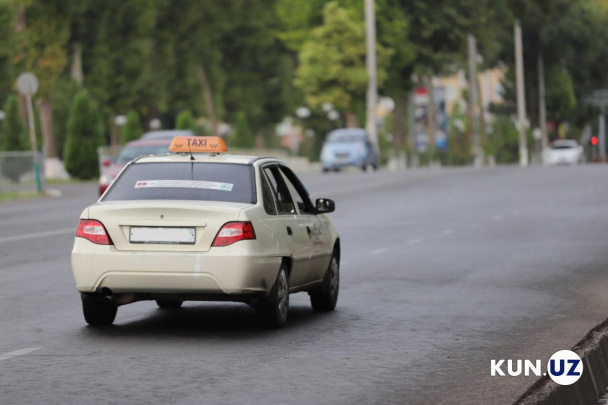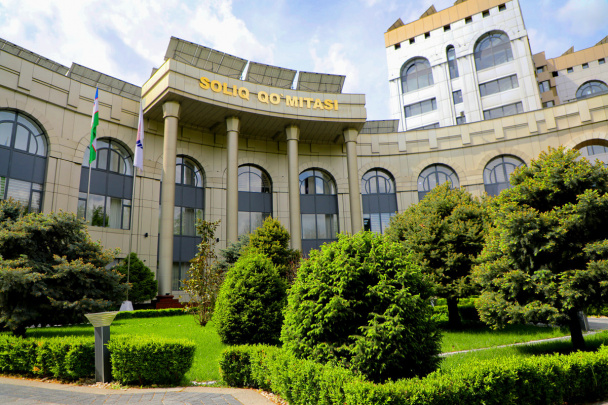Uzbekistan to annul certain VAT exemptions
Uzbekistan's Tax Committee has announced an update with significant implications for both service providers and consumers: effective from April 1, 2024, certain VAT (Value Added Tax) exemptions will be rescinded.
The policy change is set to impact various sectors, including trade services and the import of specific goods into the nation. Notably, exemptions will be removed for areas such as trade turnover, medical services, veterinary services, medicines, veterinary drugs, and medical and veterinary supplies.
In addition, imports of particular raw materials specified by legislation will also be subject to VAT. Services provided to the population that were previously VAT-exempt, including water supply, sewage, sanitary cleaning, and heating supply, will now incur VAT charges at the standard rate, as opposed to the zero rate applied until now.
This departure from precedent represents a concerted effort by the government to reform tax regulations, with a focus on streamlining exemptions and expanding the tax base. While aiming to enhance the efficiency of the tax system, this decision will also inevitably lead to a shift in the cost dynamics for businesses and end-users.
For consumers, the introduction of VAT in services that were previously non-taxed means an expected increase in prices for essential utilities. The business community anticipates having to navigate the new tax landscape, adjust pricing strategies, and communicate changes transparently to customers.
As the Uzbek market braces for these alterations in the tax framework, entities across the spectrum are encouraged to acquaint themselves with the forthcoming changes to ensure compliance and a seamless transition into the enhanced tax structure.
Recommended
List of streets and intersections being repaired in Tashkent published
SOCIETY | 19:12 / 16.05.2024
Uzbekistan's flag flies high on Oceania's tallest volcano
SOCIETY | 17:54 / 15.05.2024
New tariffs to be introduced in Tashkent public transport
SOCIETY | 14:55 / 05.05.2023
Onix and Tracker cars withdrawn from sale
BUSINESS | 10:20 / 05.05.2023
Latest news
-
Investors vs. homeowners: Economist defends property owners as Deputy Minister blames residents for renovation delays
SOCIETY | 08:15
-
UN labels Gulnara Karimova’s detention unlawful, Uzbekistan disputes allegations
POLITICS | 21:53 / 09.07.2025
-
Speeding fines and traffic penalties to be toughened under new rules
POLITICS | 18:59 / 09.07.2025
-
Uzbekistan launches national program to improve road safety and reduce fatalities
SOCIETY | 17:24 / 09.07.2025
Related News

17:34 / 02.07.2025
Gov’t introduces automatic tax withholding for high-income self-employed drivers and couriers

20:06 / 30.06.2025
Jewelry sales liberalized for sole proprietors; VAT refunds extended through 2028

20:06 / 30.06.2025
Jewelry sales liberalized for sole proprietors; VAT refunds extended through 2028

13:21 / 30.06.2025



